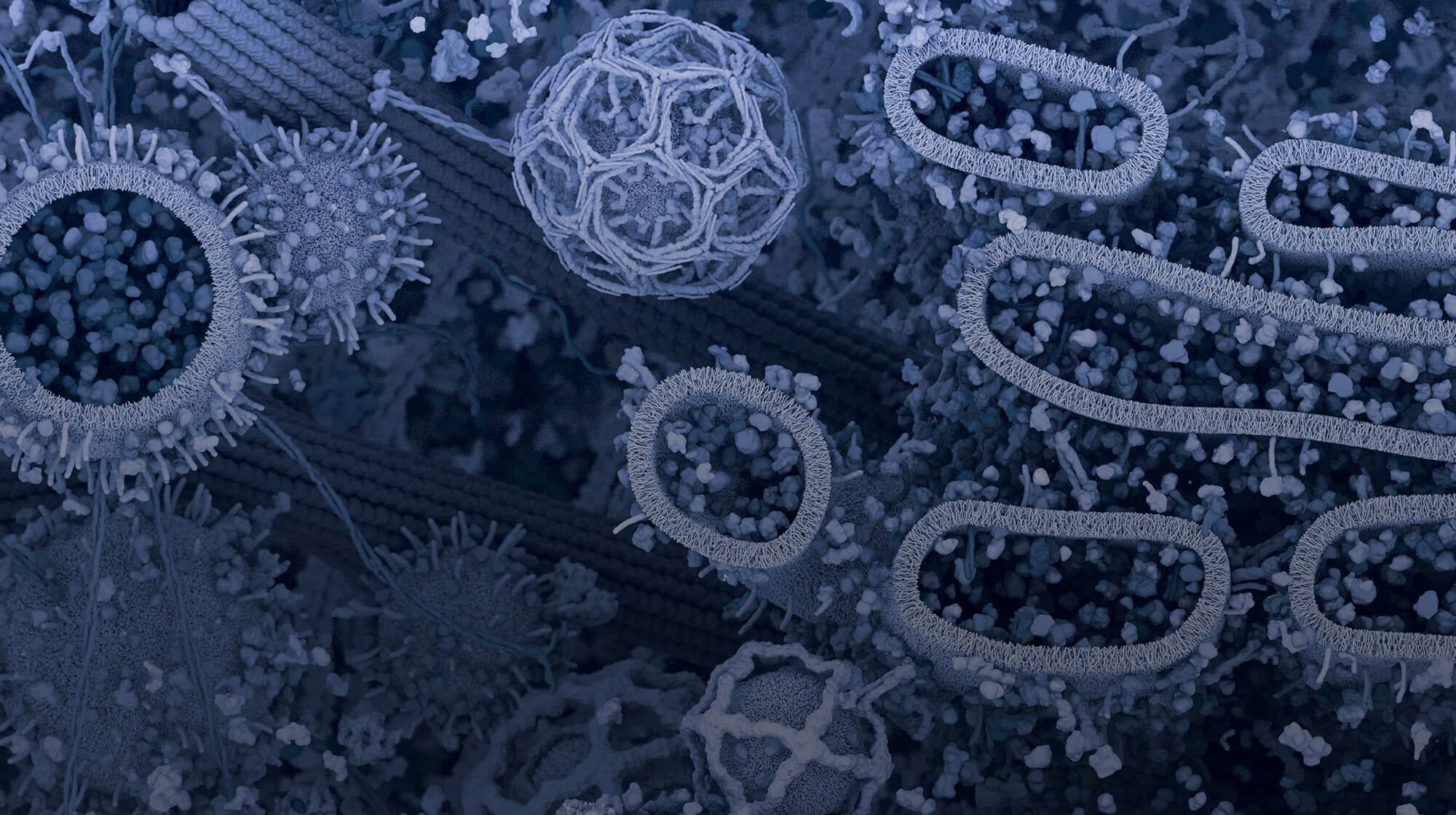Analysis of Immune Checkpoint Control Protein Co-expression in Breast and Ovarian Cancer Using Novel Rabbit Monoclonal Antibodies and Multiplex IHC
With an increasing number of biomarkers and, often, limited availability of biopsy material, there is a growing need for multiplexed assays for both research and clinical purposes. IHC based solutions are particularly attractive in the field of immuno-oncology, as maintaining spatial context within the tumor microenvironment provides meaningful and potentially actionable information.
Watch the video below.
Immuno-assays with high specificity and sensitivity are a powerful tool, however, there are challenges associated with antibody based multiplexing when you wish to concurrently analyze beyond 2-3 markers.
A multiplex IHC solution that bypasses antibody species/isotype concerns, while providing signal amplification, was used to examine the co-expression of immune checkpoint control proteins, such as PD-L1, B7-H3, B7-H4, and VISTA, in breast and ovarian cancer.
Webinar Highlights
- mIHC allows the simultaneous detection of multiple (>6) targets of interest in a species/isotype independent manner while providing ample signal amplification
- Monoclonal antibodies developed and validated by CST can enable co-detection and spatial characterization of important immune checkpoint control proteins using mIHC
Featured Speaker
/Matt_Silver_pic_for_Xtalks_65x65.jpg?width=65&height=65&name=Matt_Silver_pic_for_Xtalks_65x65.jpg) |
Matthew Silver received his PhD in Biochemistry from the University of New Hampshire where he studied the neuroendocrine regulation of reproduction. His subsequent postdoctoral studies were performed at Wyeth Research within the Department of Inflammation. |
Want to learn more? Click/tap the button below to download an application note on the use of multiplex IHC to investigate immune checkpoint markers and T cell exhaustion.
More webinars are available to watch on-demand at our Videos and Webinars page.





